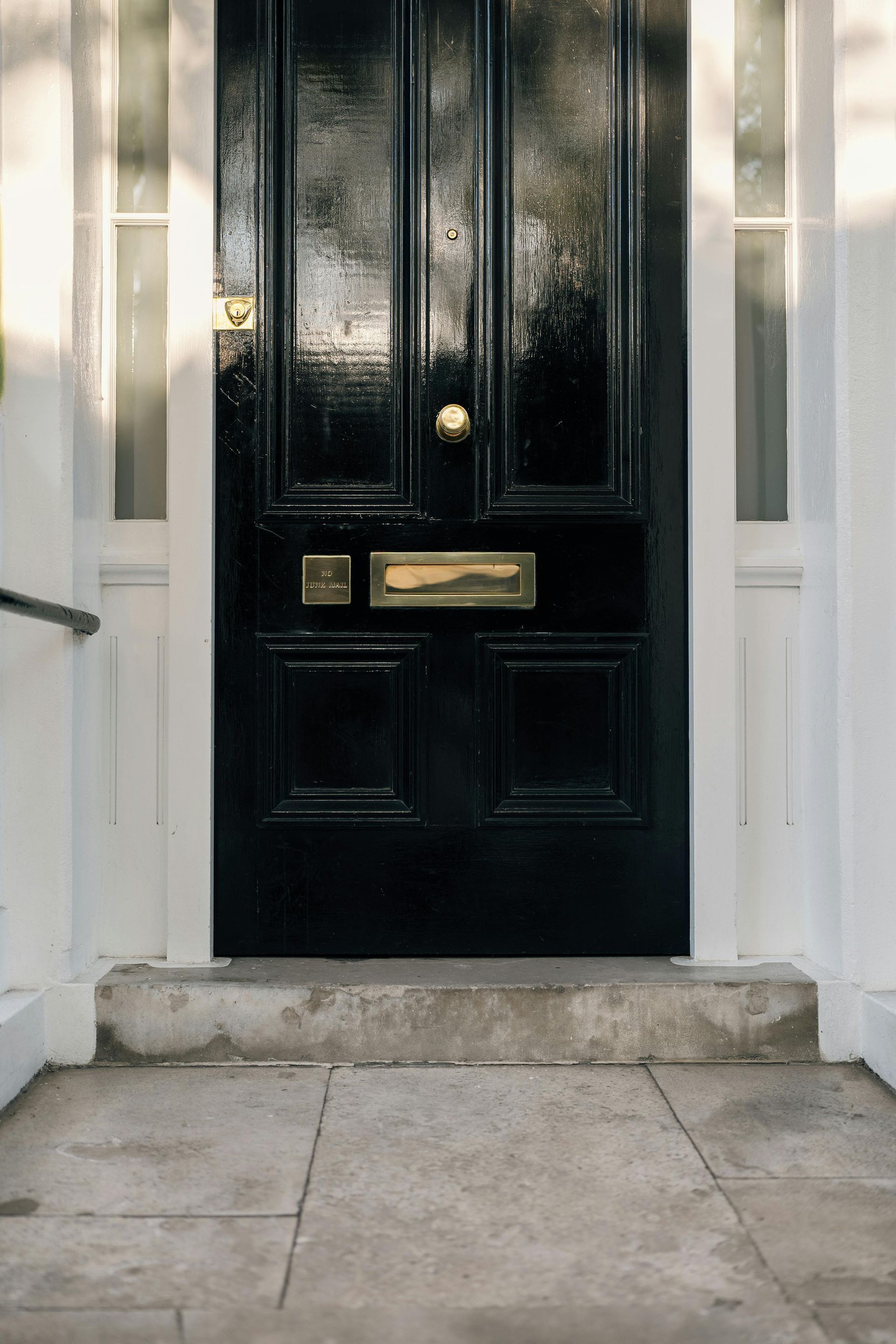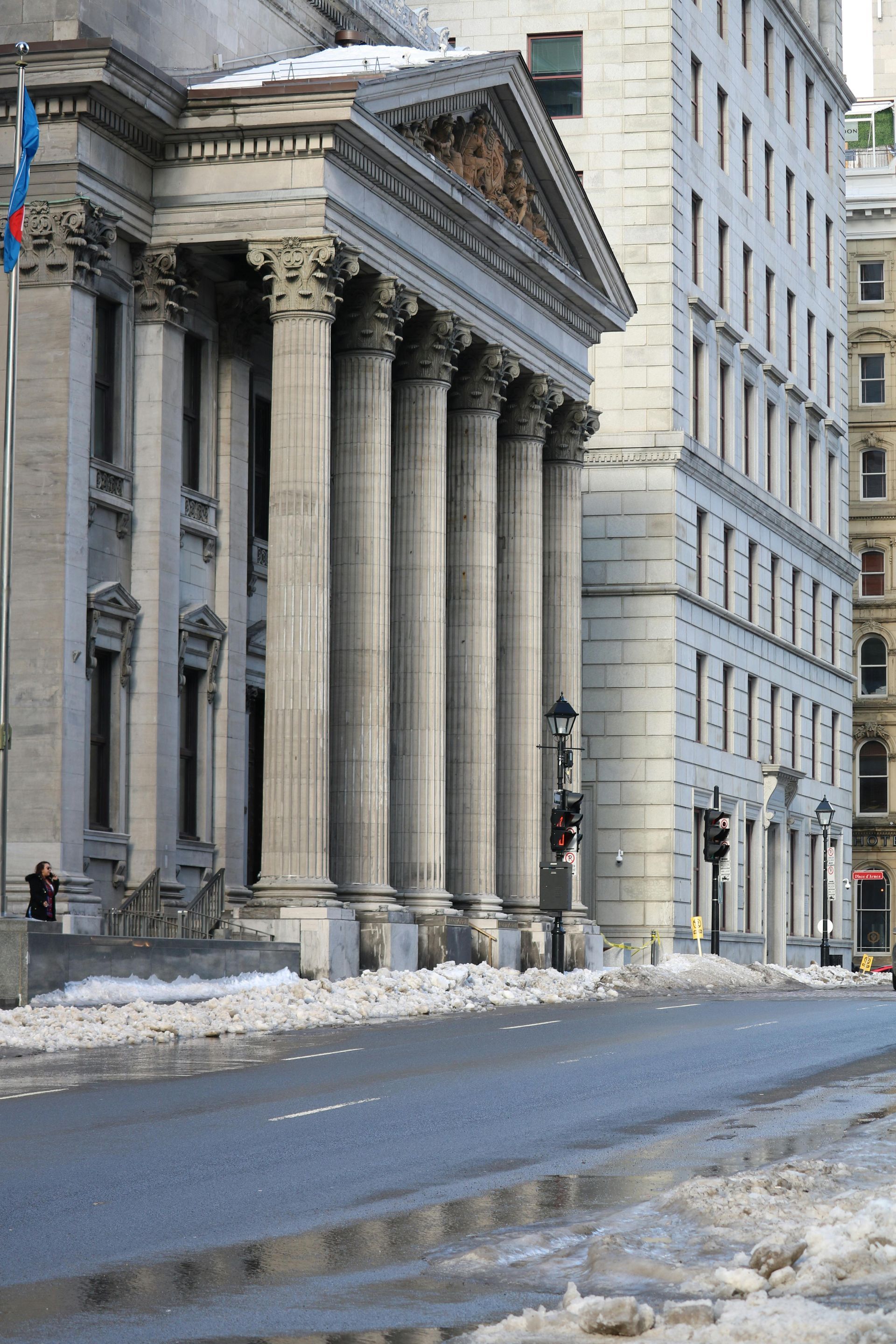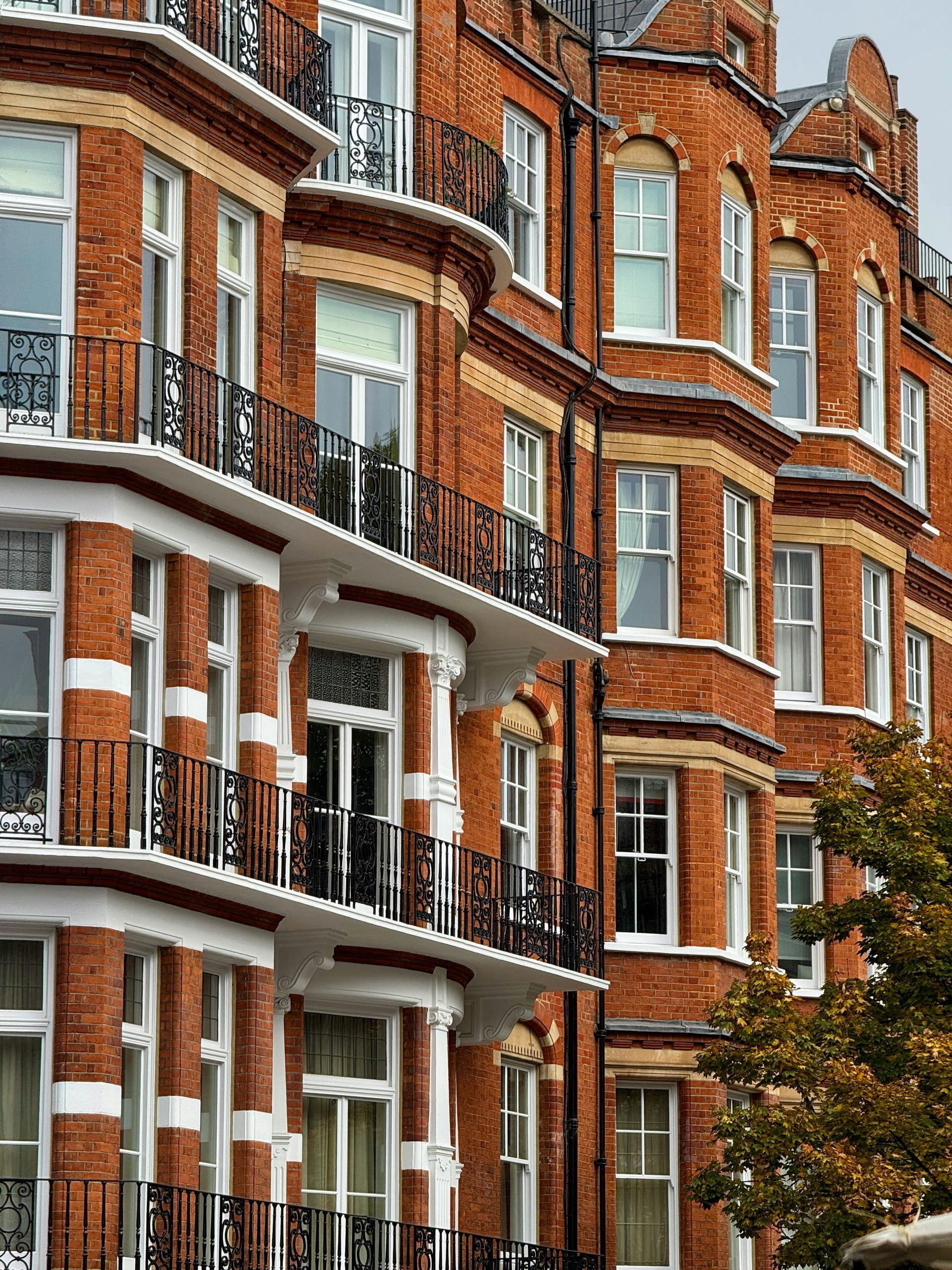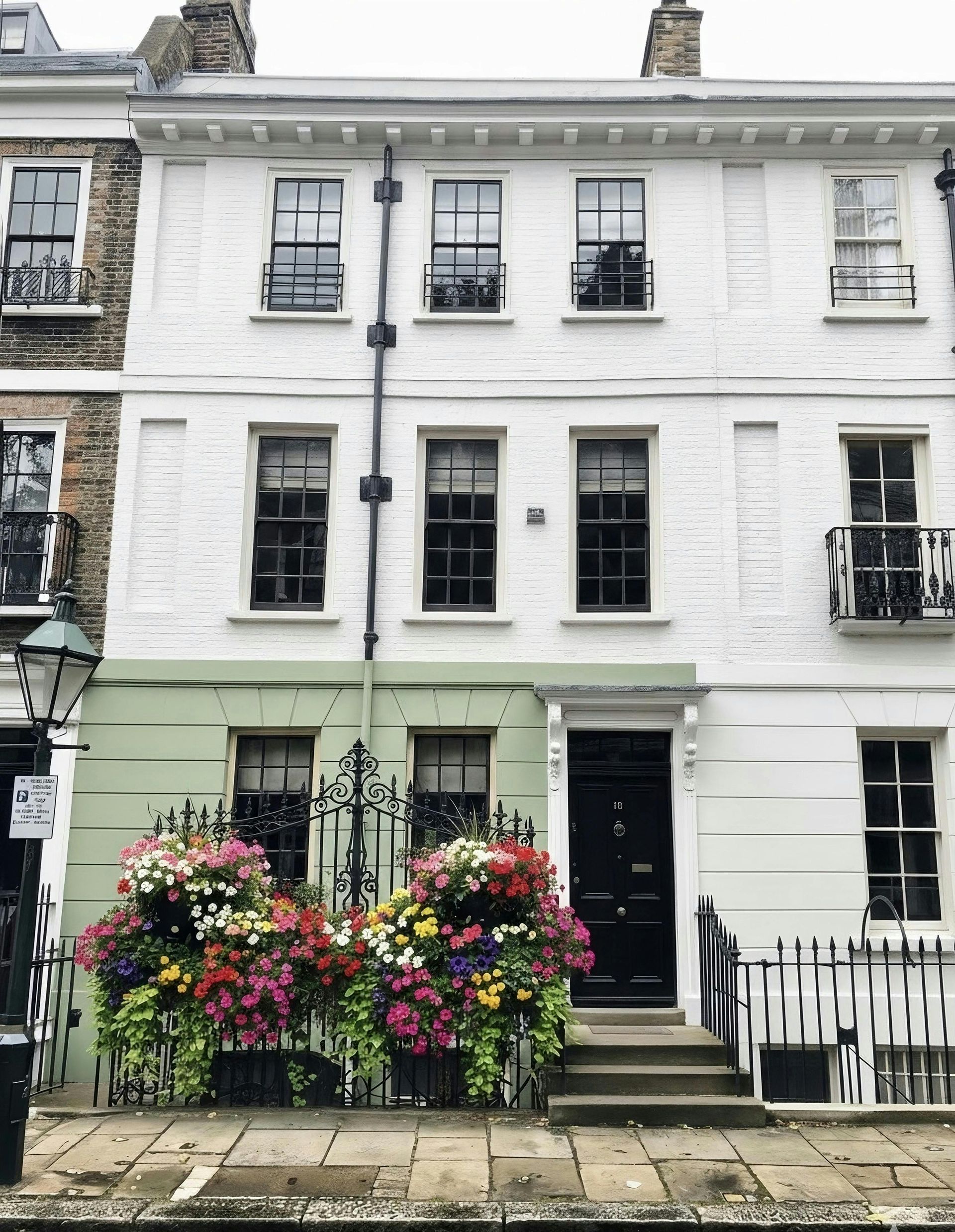December 2022 Property Update: The Impact of Rising Interest Rates on the UK Property Market
Understanding the Effects of Higher Mortgage Costs and Slowing House Price Growth
In a recent blog, How Will last Weeks Interest Rate Rise Affect Future Mortgages?, we discussed the impact of the rate changes and borrowing.
Fortunately, as discussed in the article, there are a number of competing actions that are causing the mortgage landscape to become far more competitive.
Here we take a closer look at how these changes are affecting property itself.
In short, the UK property market is facing a number of challenges, including rising interest rates and declining house prices.
In December, the Bank of England raised its base interest rate to 3.5%, a move that will impact the estimated two million homeowners in the country who have variable rate mortgages, such as base rate tracker deals. These homeowners will see an almost immediate increase in their monthly mortgage payments. For example, a tracker rate rising from 4% to 4.5% could result in an additional cost of around £50 per month on a £200,000 loan.
On the other hand, those with fixed-rate mortgages will not see any immediate changes to their monthly payments. However, when their fixed-rate deal expires, they may have to pay a higher rate for their next mortgage due to recent increases in the main Bank rate.
In addition to rising interest rates, UK house prices are also starting to decline. According to figures from Rightmove, the average asking price for a property in December was £359,137, which is 5.6% higher than the same time the previous year. This represents a slowdown from the annual growth rate of 7.2% recorded in November. Asking prices also declined by 2.1% on a monthly basis.
Rightmove expects average property prices to drop by a further 2% in 2023.
One factor that may help to mitigate the impact of declining house prices is the stamp duty cut implemented in the UK, which raised the nil-rate band on the purchase of a property from £125,000 to £250,000. This change has remained in place despite the reversal of other tax breaks announced by former Prime Minister Liz Truss.
The main driver behind the rise in interest rates is the need to cool the economy and address high inflation in the country. The Consumer Prices Index (CPI) measure of inflation reached 11.1% in the 12 months to October, well above the government target of 2%. While inflation eased back to 10.7% in November, it remains a concern for policymakers. Some forecasters predict that the Bank rate could reach 4.5% by 2023 if inflation remains stubbornly high.
The cost of energy is also contributing to rising inflation in the UK. Under the energy price cap implemented by regulator Ofgem, annual energy bills for a typical household were set to increase to £3,549 from October and further to £4,279 from January 2023. However, the government has introduced its own Energy Price Guarantee (EPG), which limits typical annual bills to £2,500 until March 2023 and £3,000 from April 2023 for a further 12 months.
Whichever way we look at the property market, 2023 will be a complicated year for property prices. As such, experienced, specialist mortgage advice will be more needed than ever.
Willow Private Finance is on hand should you require any assistance in assessing your property needs.










